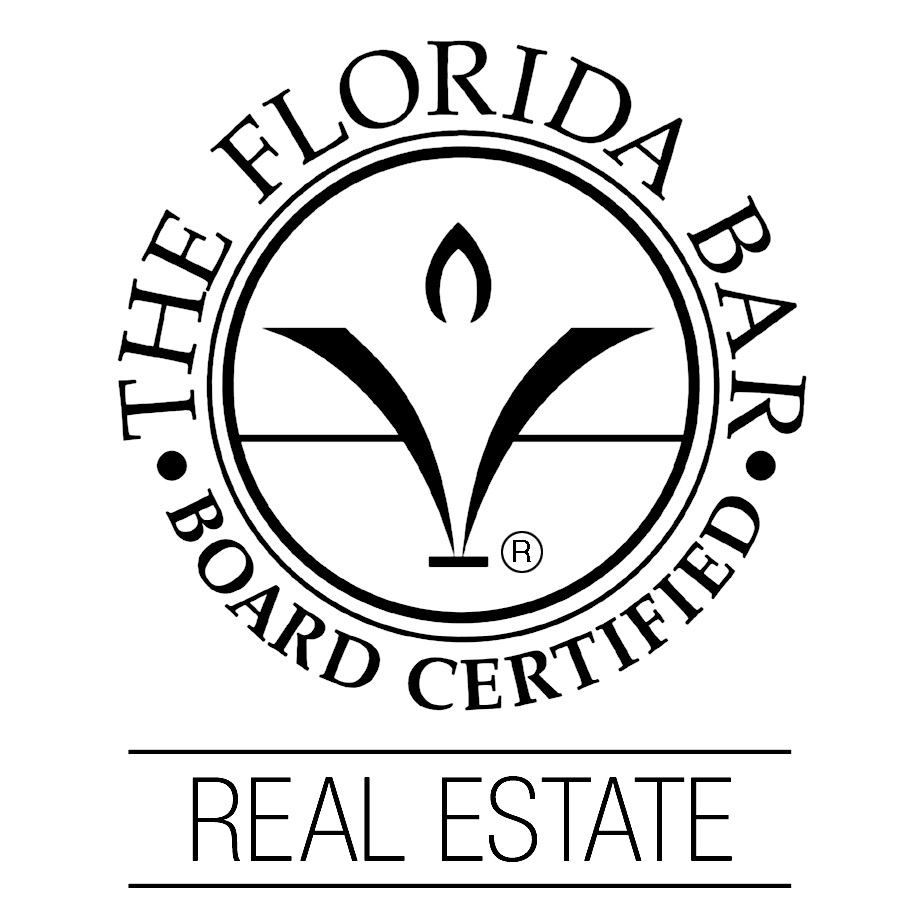Deed Drafting
When purchasing a home, business or other property, a deed transfers ownership from one party to another and often warrants that title to the property is clear. Although this document is routine to the selling and purchasing of real estate, the deed drafting process should not be taken for granted.
Deed Requirements
In Florida a deed effectively transfers real estate from the seller to the buyer if it is:
- In writing;
- Signed by the transferor/grantor (the current owner) of the property or his or her duly authorized agent or representative; and
- Signed in the presence of two witnesses, each of whom must also sign the deed.
These are the minimum requirements for a deed, though most are more complex.
The real estate attorneys at Lieser Skaff understand the complexities of real estate transactions and assure that each deed we draft accurately includes all legally required elements and the additional items stipulated by lenders and others, when appropriate.

Types of Deeds
There are several types of deeds, each providing specific benefits, such as protecting the purchaser from hidden or unknown challenges or risks, clearing title issues and allowing heirs to avoid the probate process.
- General Warranty Deed. Through this deed the seller warrants that the title is good, protected, marketable, and free of debt or other liens. If another person or entity later claims rights to the property, the warranty deed requires that the seller defend the title against these claims.
- Specialty Warranty Deed. Here the seller warrants that the property was clear of title or claim issues only during his or her ownership and nothing that occurred before this time is included in the warranty.
- Quit Claim Deed. This deed transfers ownership in the real estate with no warranty that the title is good. These deeds are often used to correct a clouded title, transfer property between family members and add an additional person to the deed. These deeds can limit the buyer’s ability to obtain financing or title insurance.
- Personal Representative’s Deed. In Florida, a deceased person’s estate usually goes through the probate process. The court assigns a personal representative (PR) who is responsible for addressing outstanding issues with the estate and distribute the remaining assets according to the will or other legal designation. This deed is used to transfer title from the deceased owner to the PR for the purposes of settling the estate.
- Lady Bird Deed. Also known as an “Enhanced Life-Estate Deed” this document gives the real estate owner rights to the property during his or her lifetime, with the remaining interests going to the people listed on the deed immediately upon the owner’s death (remaindermen). This deed avoids usually probate as to the subject real property.
Whether you plan to purchase residential or commercial real estate or want to consider different deed options for property that you already own, the real estate and estate planning attorneys at Lieser Skaff can help. We have significant experience in deed drafting and estate planning and can guide you through the process of executing the best deed to accomplish your goals. Contact us today to speak with one of our skilled attorneys.